Tisha B’Av — A Potent Meditation
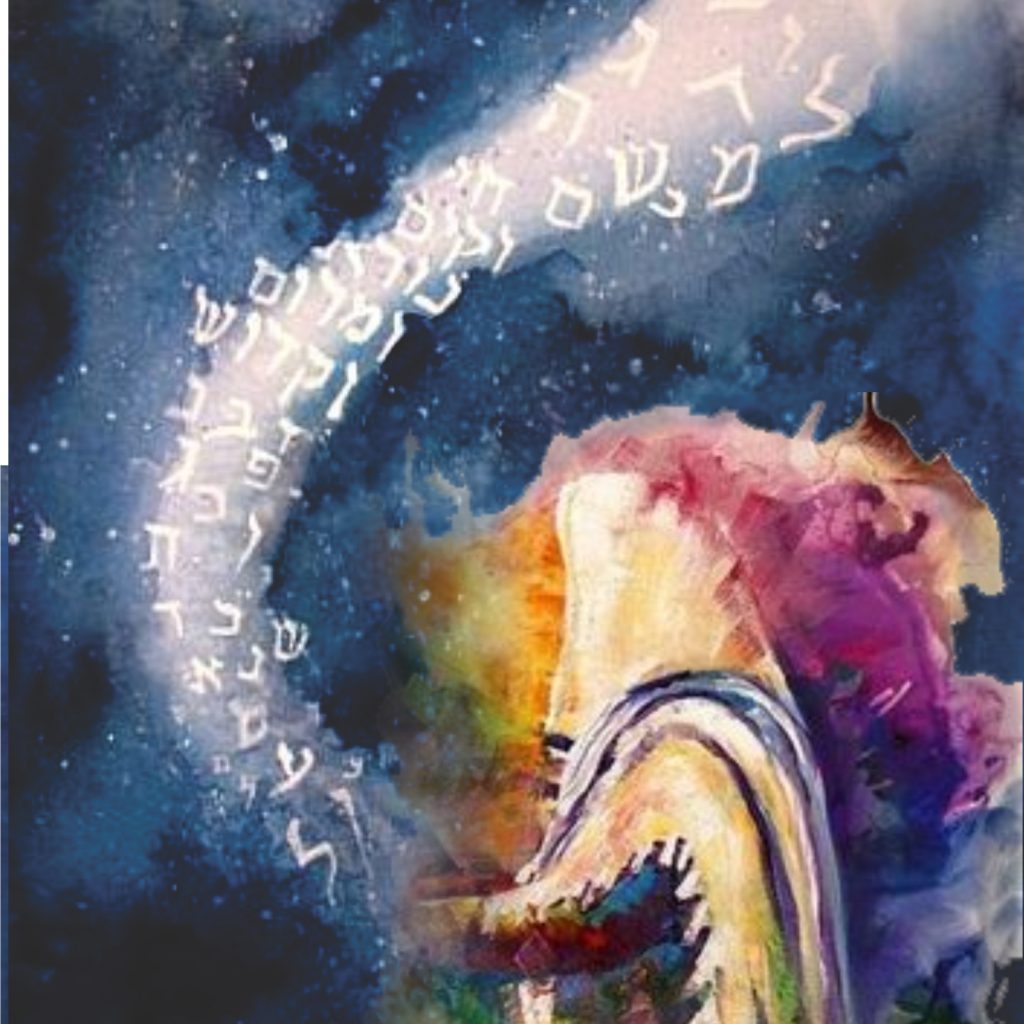
Av is the month that includes the most fateful day in the Jewish calendar, Tisha B’Av, which is distinguished by its extremely fallen state and yet its extremely great potential.

Av is the month that includes the most fateful day in the Jewish calendar, Tisha B’Av, which is distinguished by its extremely fallen state and yet its extremely great potential.
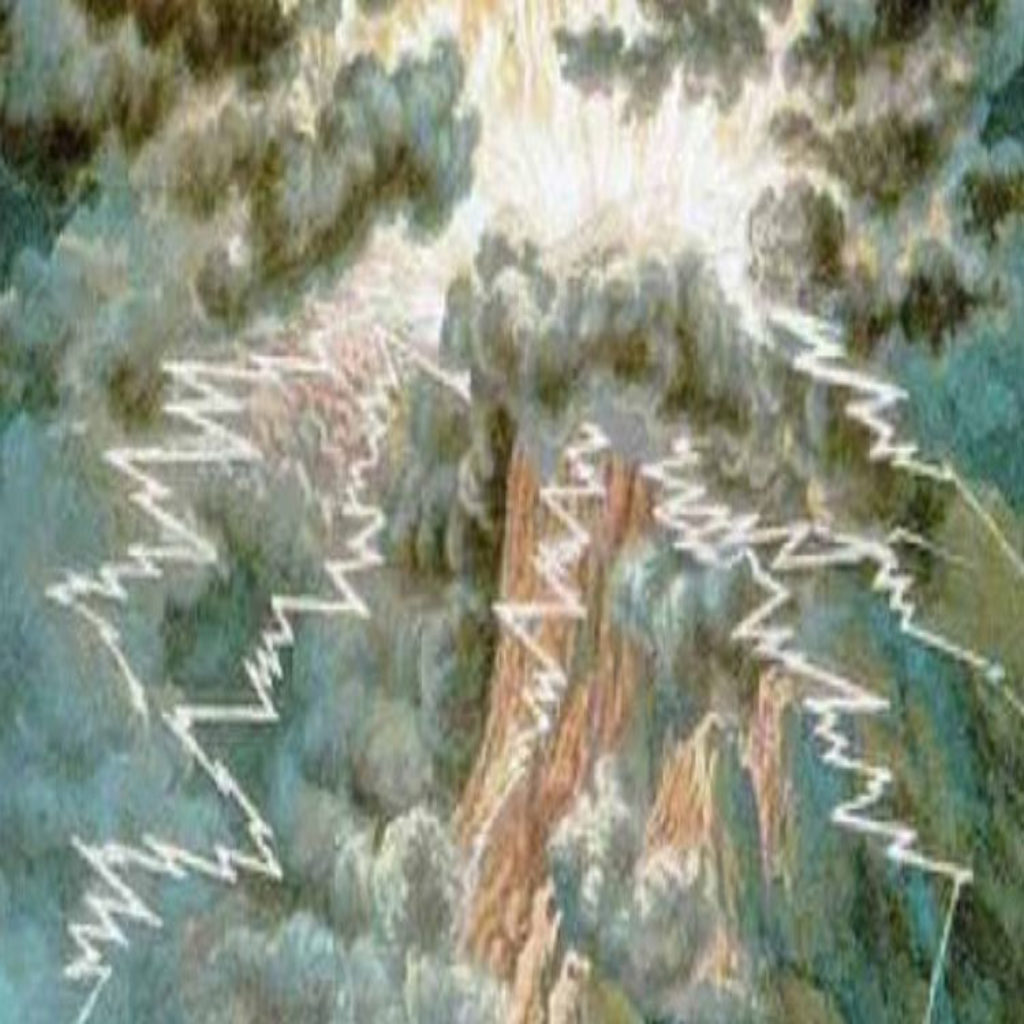
When HaShem revealed the Torah at Sinai, the Israelites died at every word… Hashem revived them with the dew that He will use to resurrect the dead.
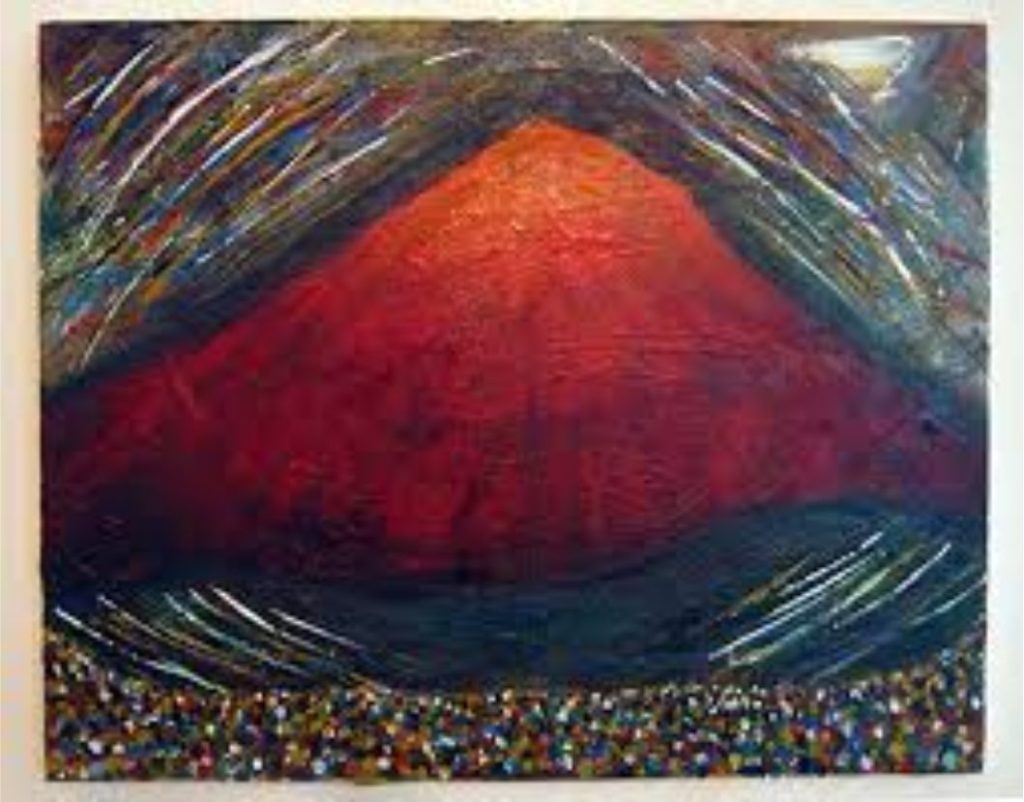
Shavuot Through the Years Shavuot teachings over the years.
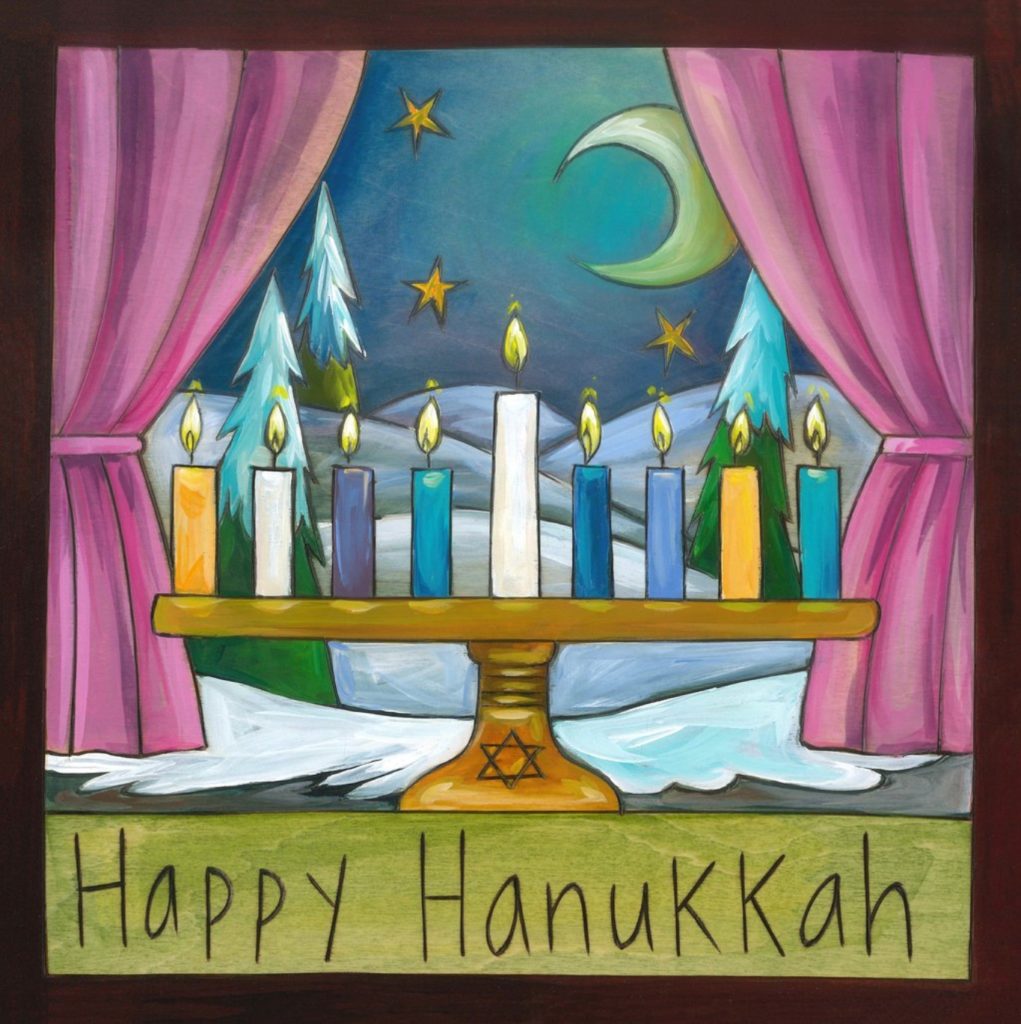
Just as eyes are windows to the soul, so the Chanukka lights are windows into the soul of the chag.
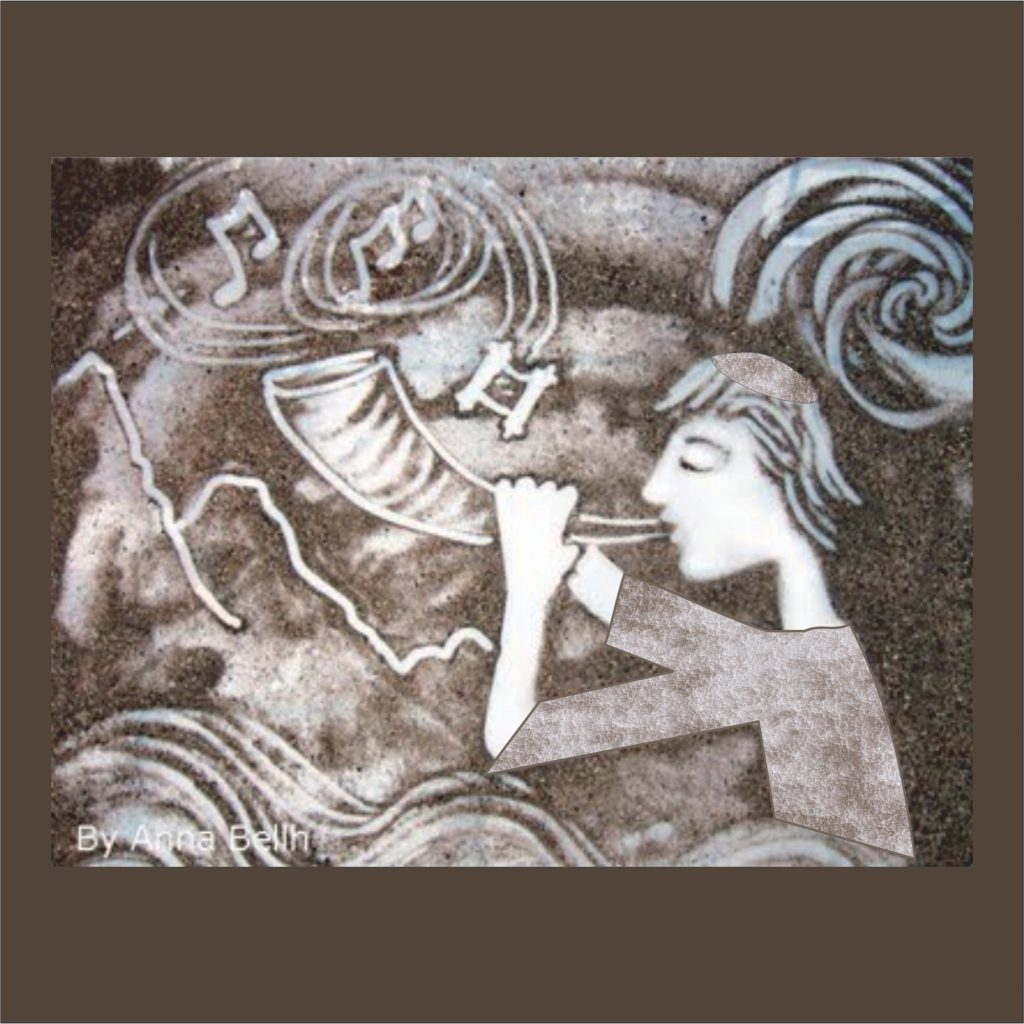
A bounty of teachings on how to prepare for Rosh HaShana and how to direct one’s intentions on the day itself. Teachings about teshuva, prayer and shofar.
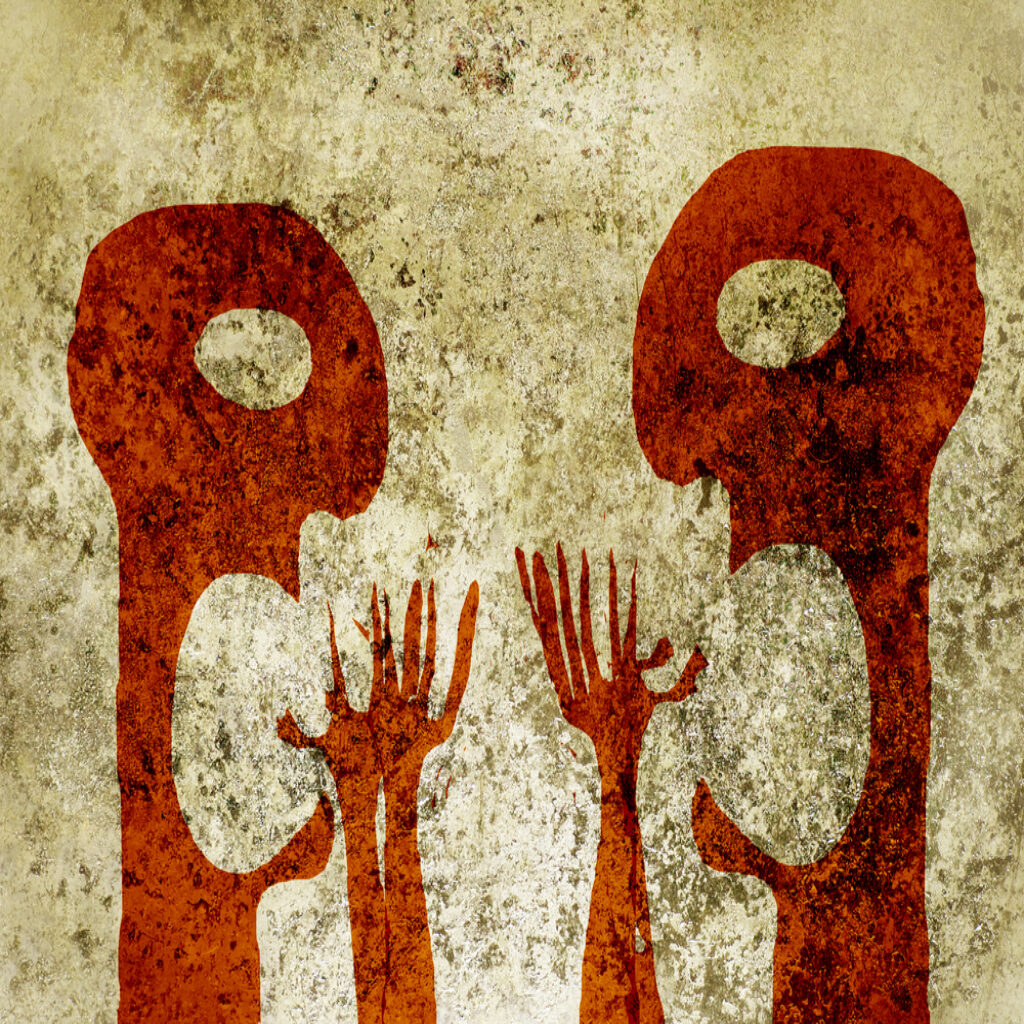
We are defining shame as the discomfort produced when the ego feels diminished or deflated. We are defining sinat chinam as baseless hatred, meaning hatred that has no justification, that has no basis to it.

Life is filled with crossroads that rarely have signs to mark the way. Each person must find the God–serving truth that applies to this unique circumstance and this moment in time.

You might be surprised to hear that addiction is as old as humanity itself…literally.

To describe the king as “entangled in the tresses” is to assert that there is a level of G-d that is entangled by our conceptions and projections of Him/Her/It.
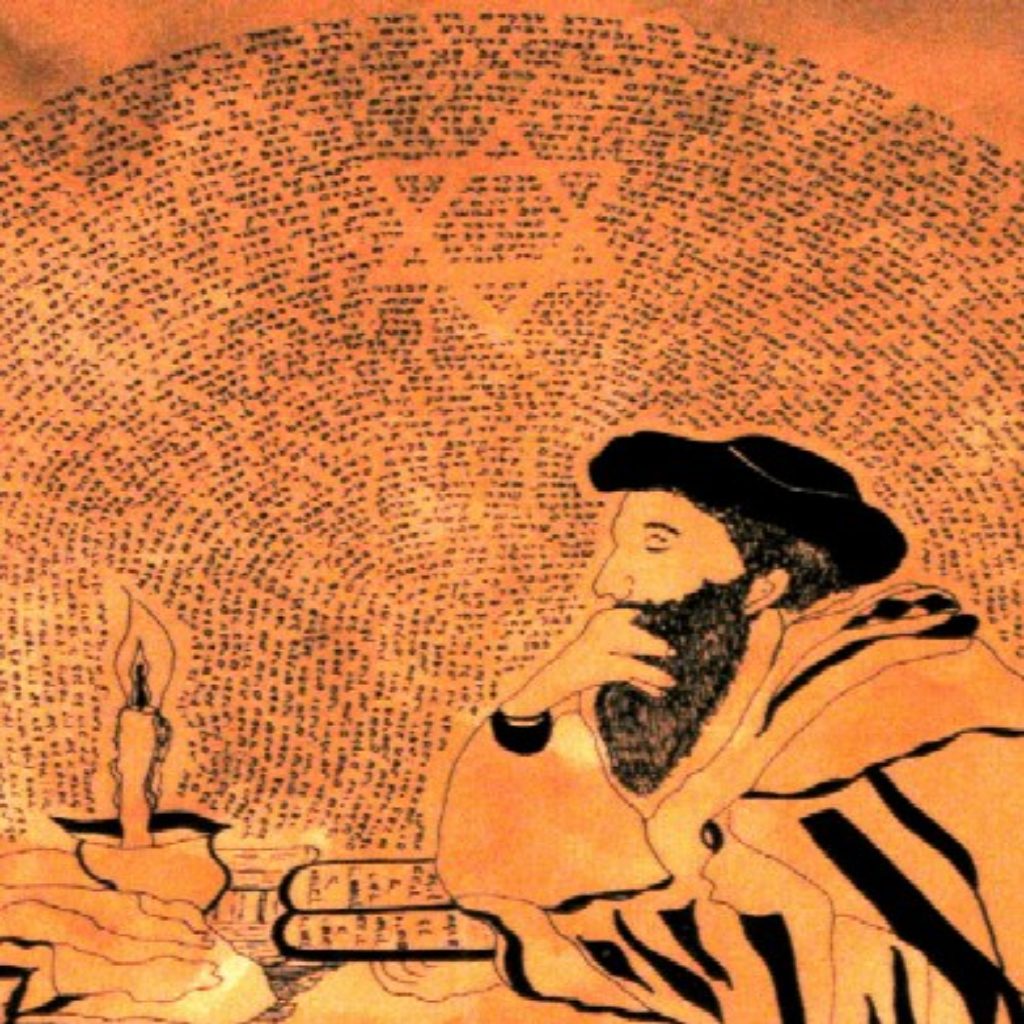
The Torah is really three in one: the Torah of Bereshit, the Torah of Sinai, and the Torah of souls. Our job is to unify these three Torot with every word we speak and breath we take.
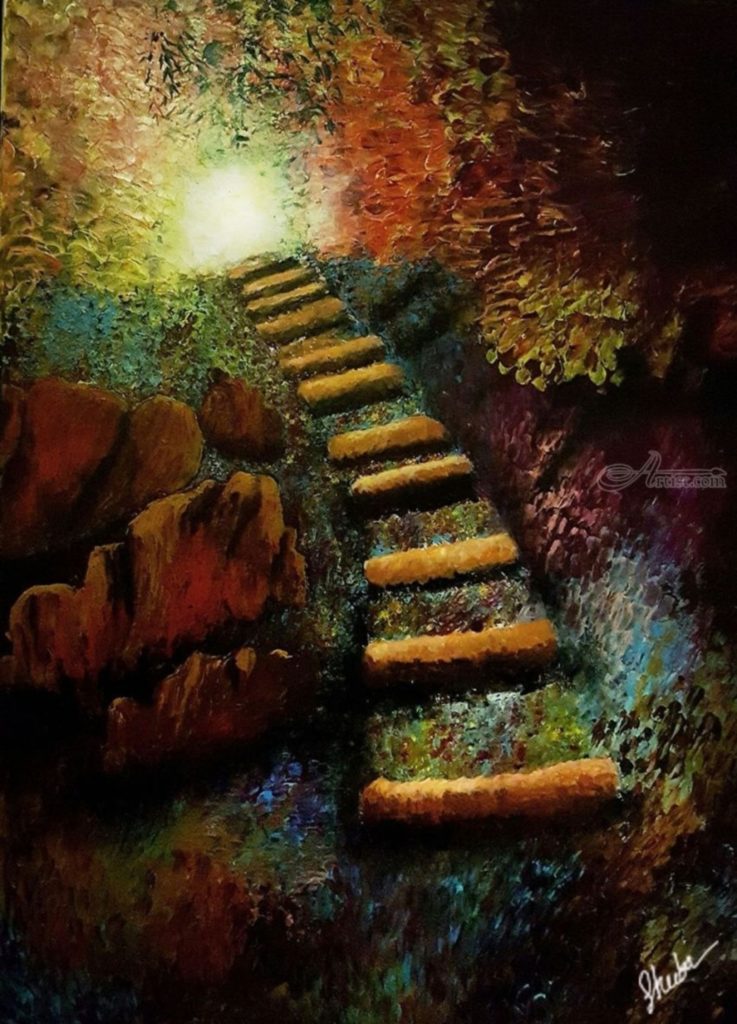
The Zohar is teaching that HaShem (so to speak) looked into Him/Her/Itself and articulated a will for a creation that would revel in the glory of G-d.
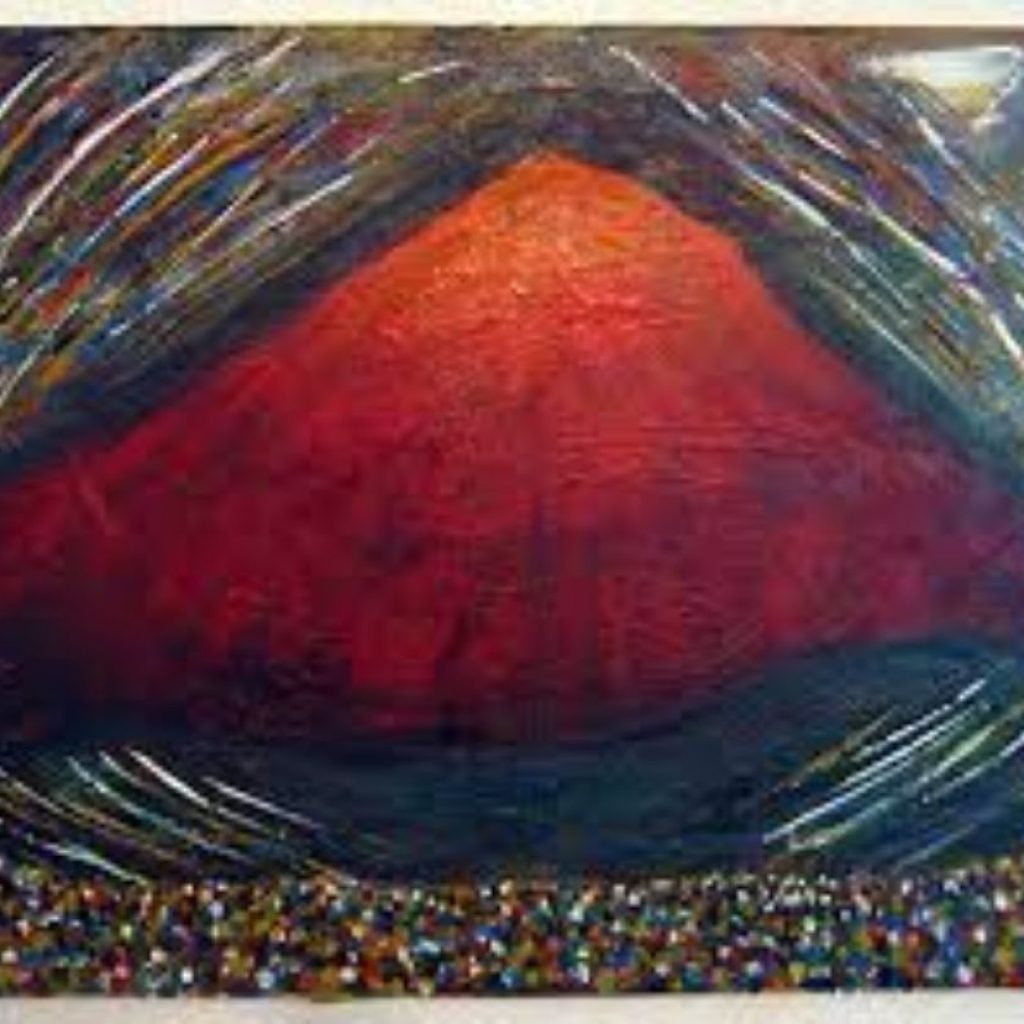
Shavuot teachings over the years (2008-2016).

As we evolve and enlighten in the course of the evening we project a whole string of meanings and transformations onto that matzah.

Just as eyes are windows to the soul, so the Chanukka lights are windows into the soul of the chag.

This Torah of Atzilut was what Adam would have received had he not opted for duality, and what we received at Sinai, but forfeited when we too betrayed its calling.
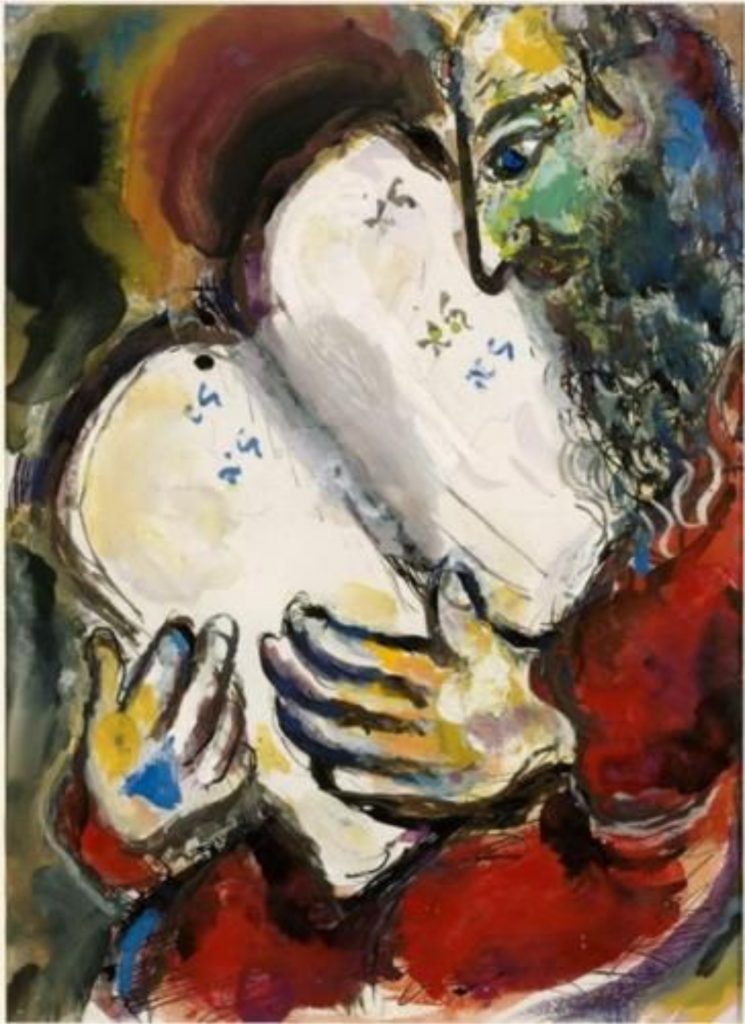
Shavuot 5778 / 2018
“And you shall know the soul of a convert, because you were strangers in the land of Egypt.”
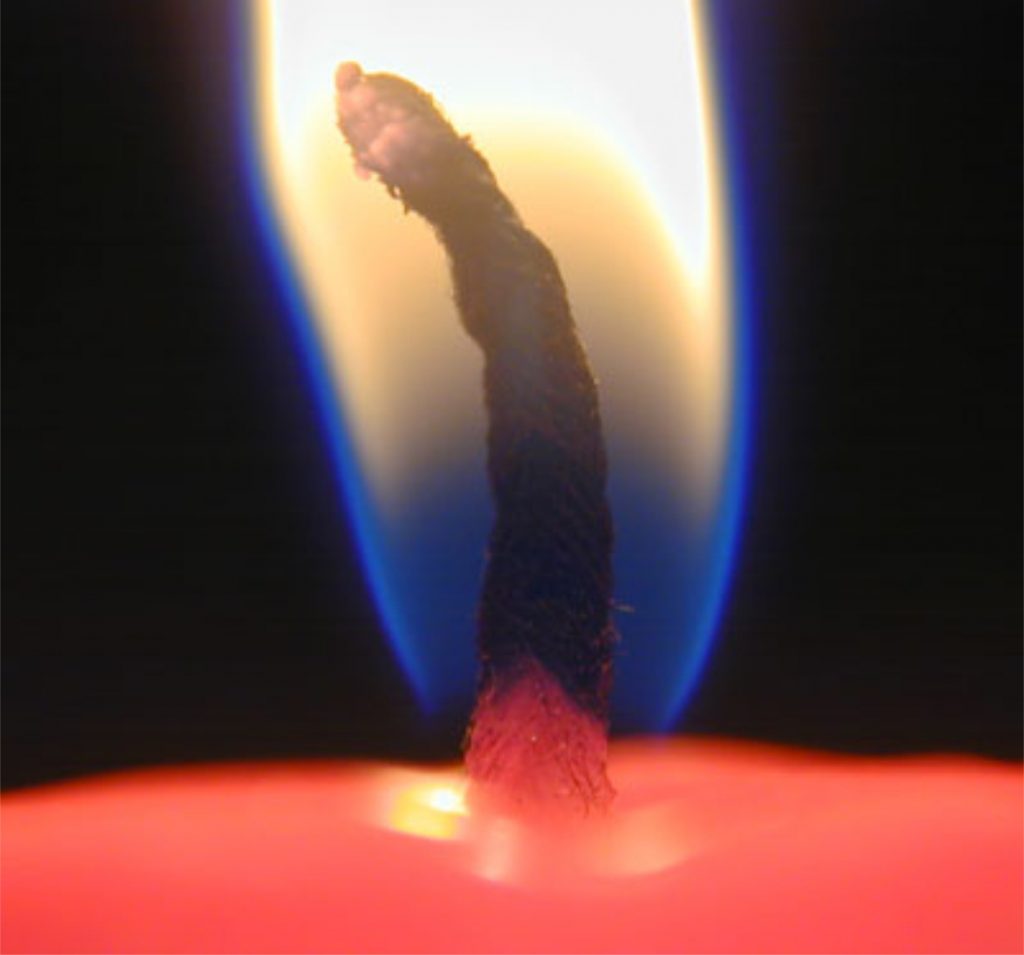
Those who seize this occasion to meditate on the Chanukka lamps will be changed by it, says the Zohar.
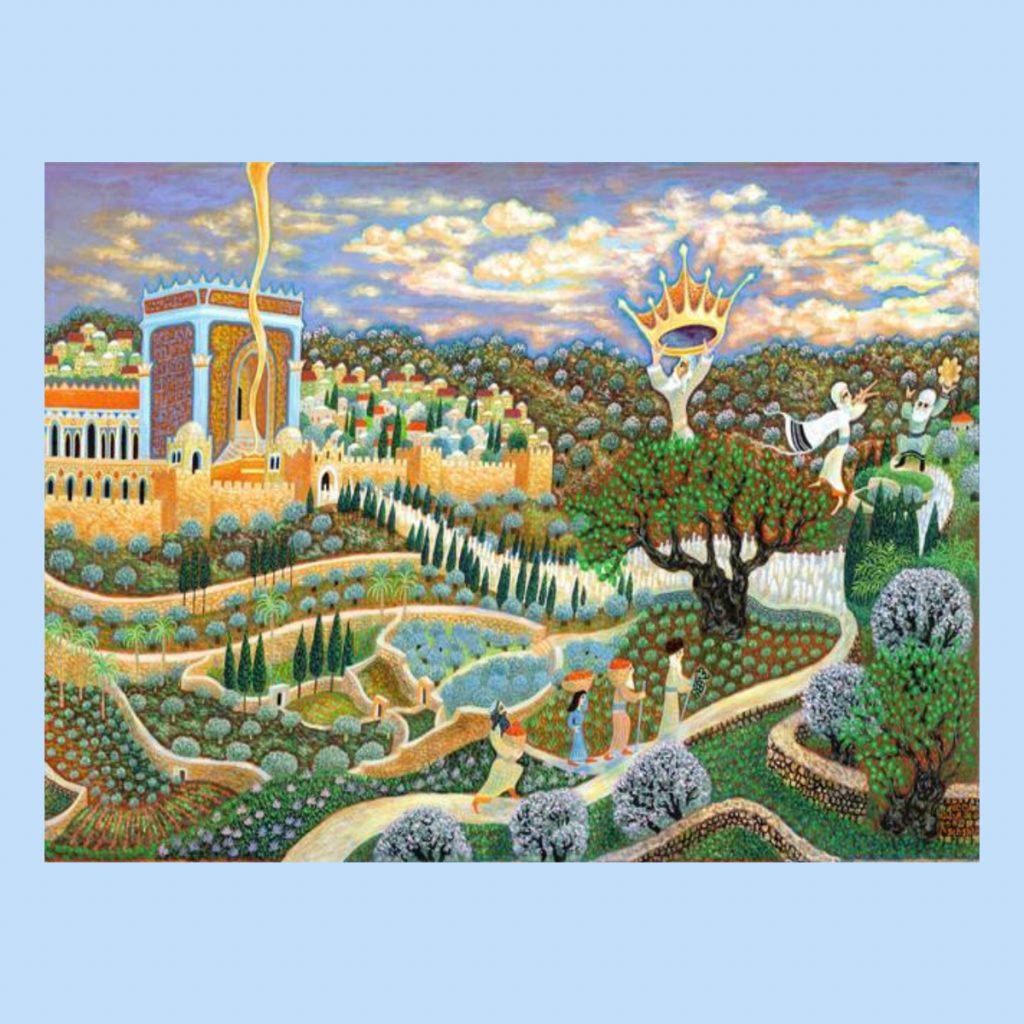
Shavuot 2016 /5776 At Sinai we got the Torah of Atzilut—the Torah of Unanimity, a searing revelation of presence.
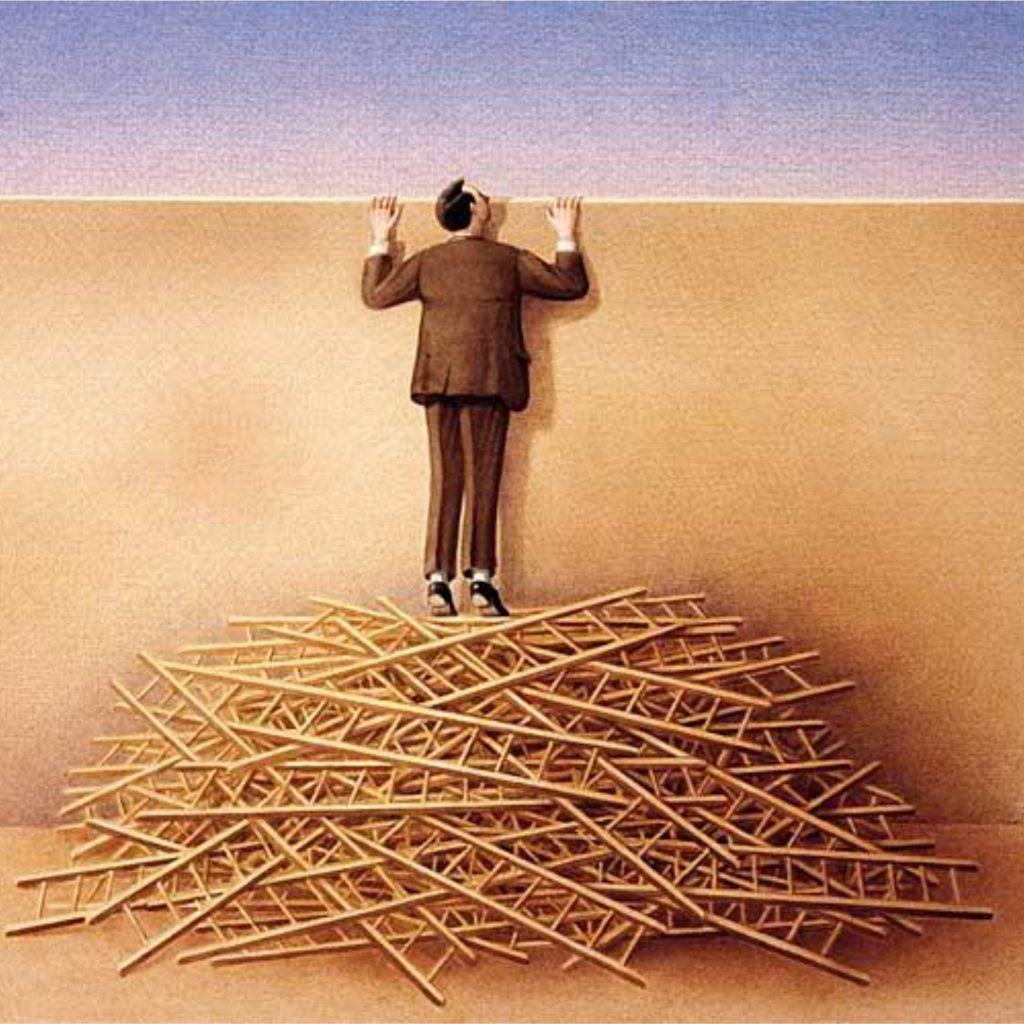
Pesach 2016 /5776 The reward phase of history called the world-to-come is characterized by unfettered freedom.
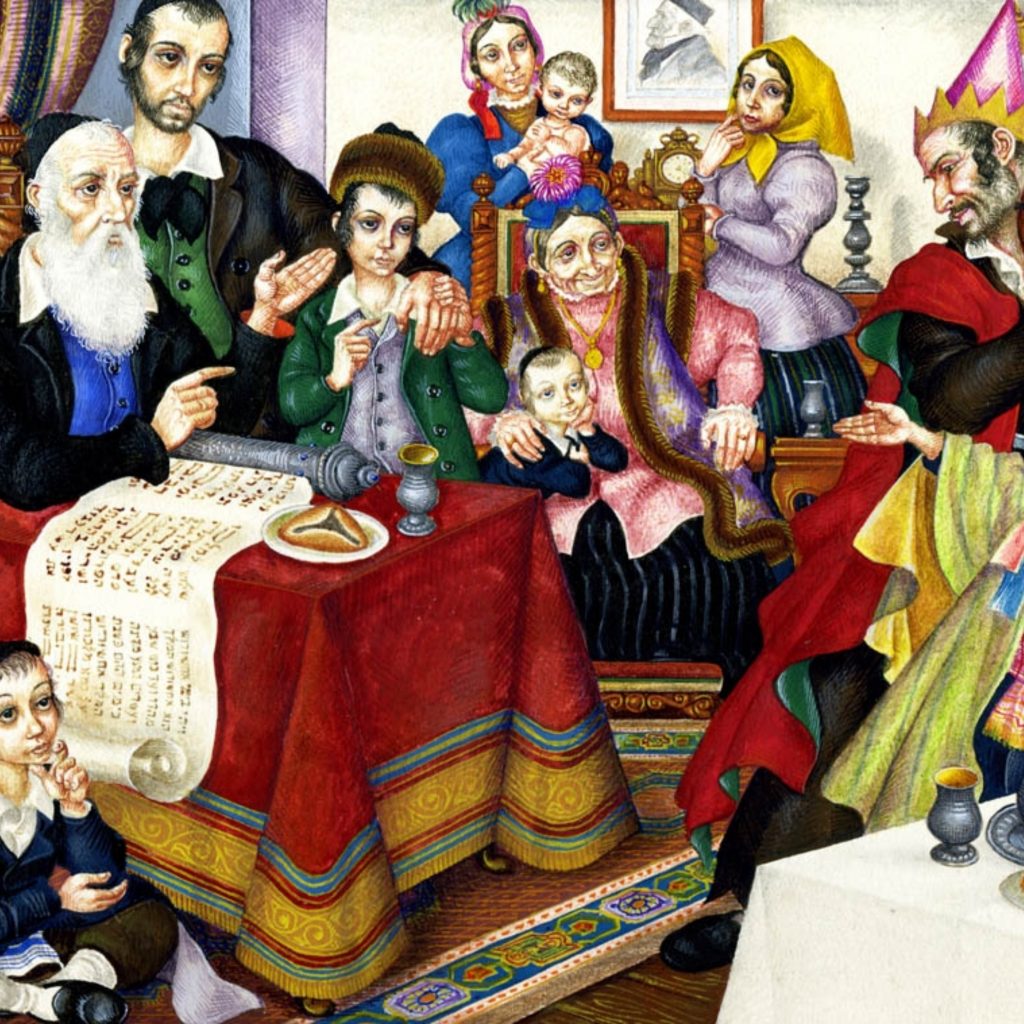
Relationship is a dynamic endeavor for it combines two contradictory poles—merging and differentiating—that are both essential to its survival.
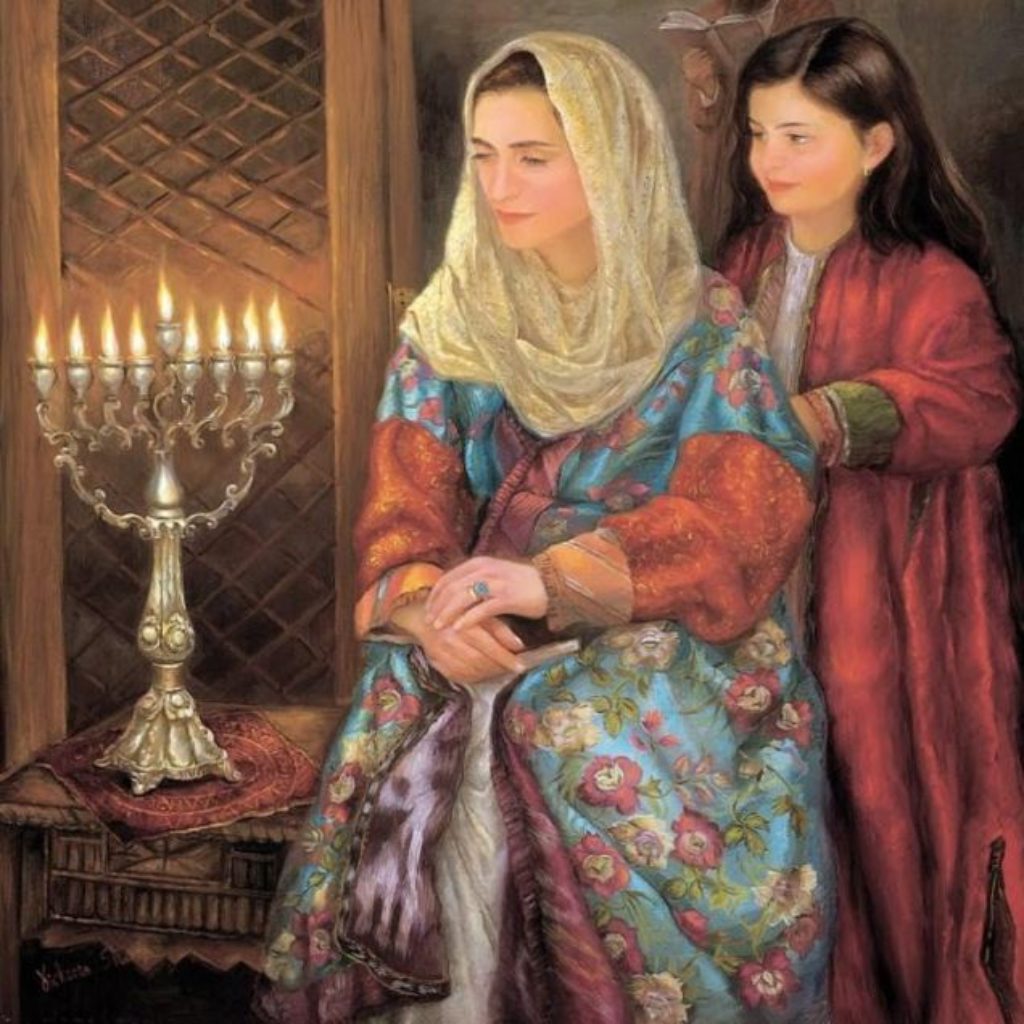
Chanukka 2015 / 5776 Our simple affirmation now becomes a deep teaching about the practice (and powers) of meditation.

During the three weeks our obligation is to decrease simcha. We focus on what is missing, bewail those lacks, and downgrade our devekut. That is what it means to mourn.

Jacob’s ladder reaches up through the worlds to the inwardness of G-d called the Infinite Light.
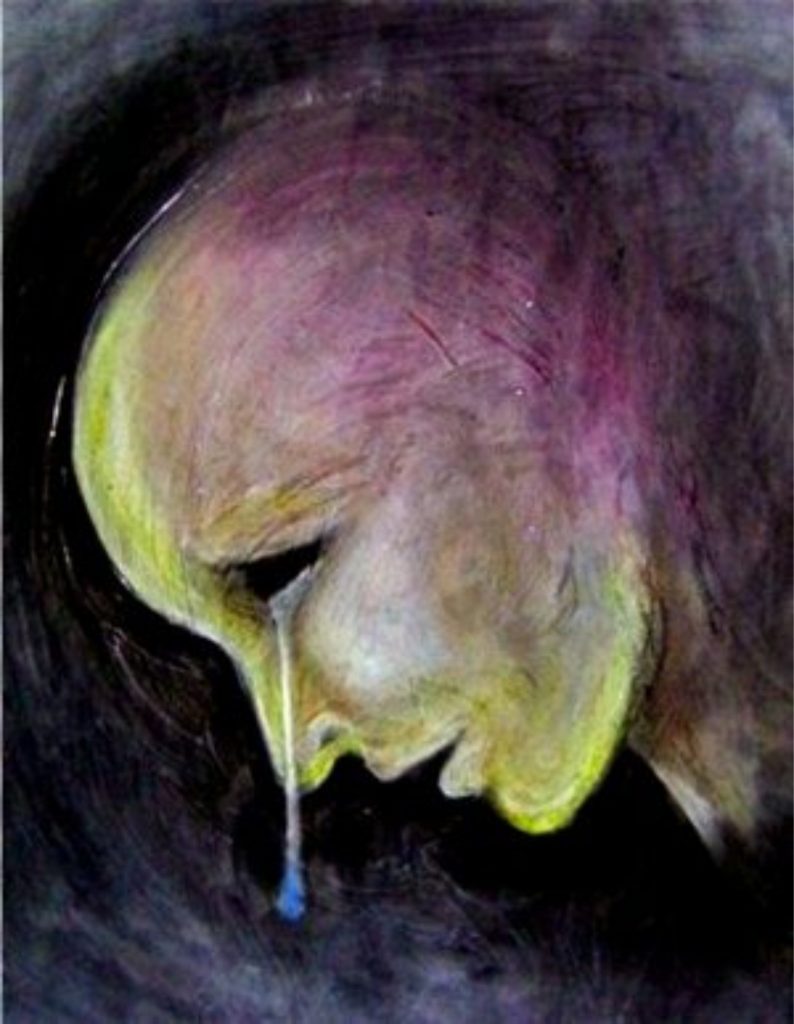
How do we hope for mashiach with certain faith that he REALLY could materialize at any moment and yet also find a way to embrace our present moment with unconditional acceptance.
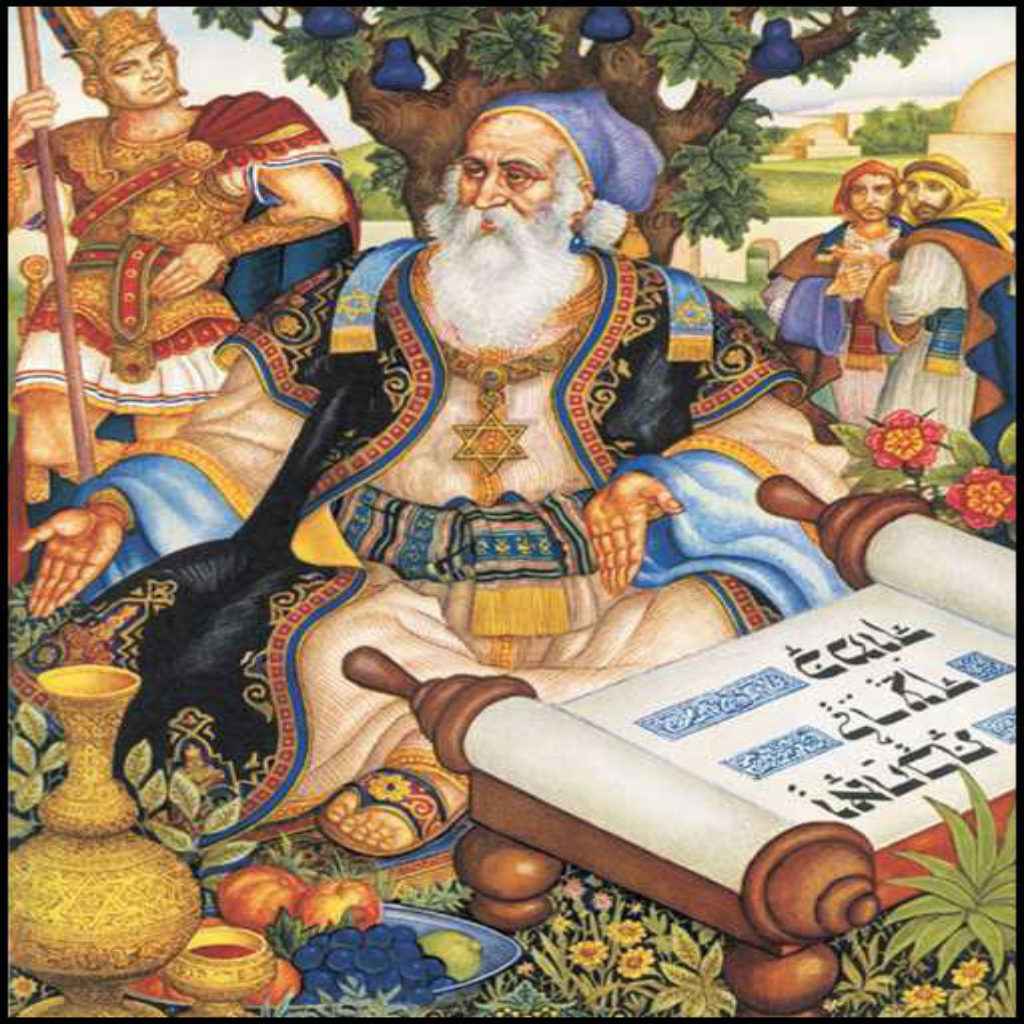
Sarah Yehudit’s prayer before learning Torah.